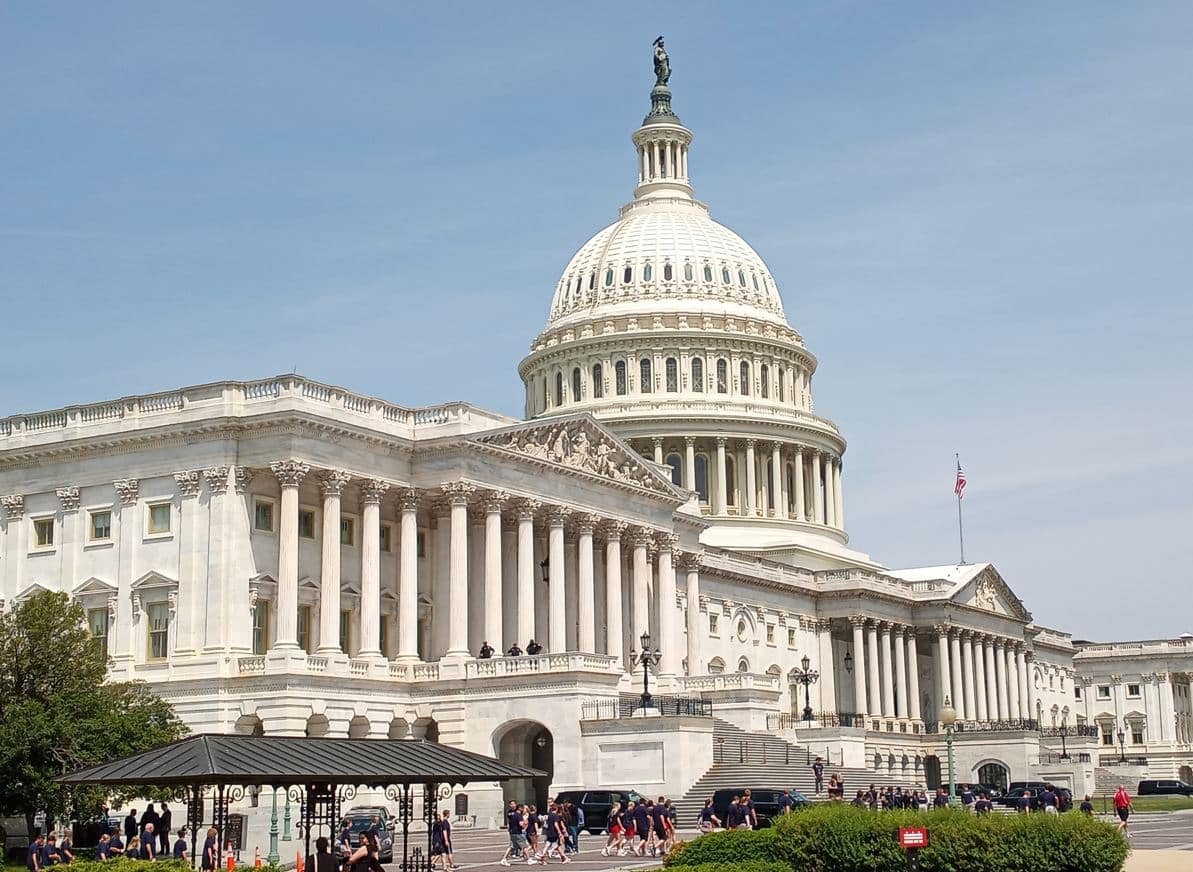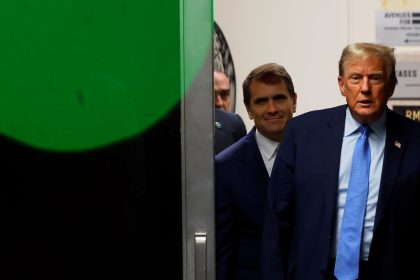Debt Ceiling Talks Reach Impasse as Republicans Balk at Continuing

WASHINGTON — Frustrated Republicans walked out of debt ceiling talks on Friday, unexpectedly bringing a halt to the critical negotiations just days before the United States faces the first ever default on its financial obligations.
“We decided to press pause because it’s just not productive,” said Rep. Garret Graves, R-La., as he bolted from the private meeting in the Capitol with fellow Republican negotiator Rep. Patrick McHenry, R-N.C., and a gaggle of reporters trailing behind him.
“Until people are willing to have reasonable conversations about how you can actually move forward and do the right thing, then we’re not gonna sit here and talk to ourselves,” he added.
McHenry, chairman of the Financial Services Committee, described the rupture in the talks as a “pause” but acknowledged “we have significant gaps that have to be bridged for us to merit more conversation.”
The turn of events was particularly stunning as it came just 24 hours after House Speaker Kevin McCarthy, R-Calif., said, “We’re not there … but I see the path that we could come through.”
McCarthy has repeatedly warned that negotiators must come to an agreement on at least a semblance of a deal by this weekend if a debt ceiling bill is to have any chance of passing both the House and Senate by June 1, the date Treasury Secretary Janet Yellen has repeatedly cited as the earliest day a U.S. default could occur.
In fact as recently as Monday, Yellen urged Congress to act and act quickly, saying the impact of a delay was already being felt.
“We have learned from past debt limit impasses that waiting until the last minute to suspend or increase the debt limit can cause serious harm to business and consumer confidence, raise short-term borrowing costs for taxpayers, and negatively impact the credit rating of the United States,” Yellen wrote in a letter to Speaker McCarthy. “In fact, we have already seen Treasury’s borrowing costs increase substantially for securities maturing in early June.
“If Congress fails to increase the debt limit, it would cause severe hardship to American families, harm our global leadership position, and raise questions about our ability to defend our national security interests,” she said, adding, “I continue to urge Congress to protect the full faith and credit of the United States by acting as soon as possible.”
Apparently the point of impasse is the Republicans’ desire to roll back overall federal spending to fiscal year 2022 levels, a $130 billion budget cut the Democrats at the negotiating table — White House Director of Legislative Affairs Louisa Terrell, Office of Management and Budget Director Shalanda Young and presidential Counselor Steve Ricchetti — appear to refuse to consider.
Earlier this week, after a meeting with President Joe Biden at the White House, McCarthy suggested the two sides were far apart but expressed optimism in the fact that negotiating teams had been agreed upon.
And while the president continued to maintain he won’t negotiate over raising the debt ceiling, the White House did seem amenable to at least some of the Republicans’ proposals — like clawing back some $30 billion in untapped COVID-19 money — as it continued to search for what it calls “a reasonable bipartisan solution” that can pass in both the Republican-controlled House and the Democratically controlled Senate.
As of midday Friday afternoon, there was no word on when the talks might resume.
Dan can be reached at [email protected] and @DanMcCue
























